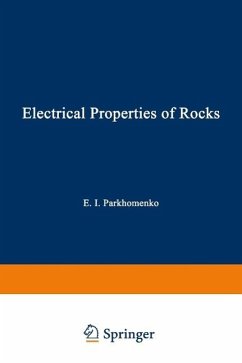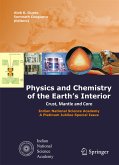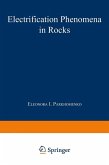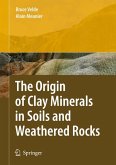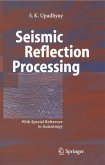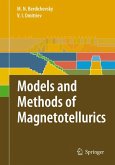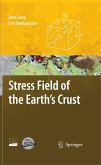Recently there has been growing interest in the physical properties of rocks. To interpret data on the geophysical fields observed near the Earth's surface, we must know the physical properties of the materials composing the interior. Moreover, the development of geophysical methods (in particular, electrical methods) is necessitating a multiple approach to the study of the physical properties of rocks and minerals. In connection with problems now appearing, the physical properties of rocks must be studied in the laboratory under var ious thermodynamic conditions. Electrical methods of geophysi cal exploration often may require only data obtained at atmos pheric pressure and room temperature, or at temperatures below 100°C. If, however, we have in mind geophysical field observa tions on the composition and state of matter deep in the Earth's crust and mantle, we must conduct laboratory experiments at high pressures and temperatures. For example, in interpreting data from geomagnetic soundings of the mantle, we may need experi mental results on the electrical properties of rocks at pressures of tens of kilobars and temperatures of the order of lOOO°C. In this connection, we must remember that pressure has relatively little effect on the electrical properties of rocks, whereas, tem perature affects them very strongly. v vi FOREWORD At present, while research into the mechanical properties of rocks (relating to the problems of geophysics, geochemistry, geology, and mining) is pressing forward on a wide front, much less work is being done with electrical properties.
Dieser Download kann aus rechtlichen Gründen nur mit Rechnungsadresse in A, B, BG, CY, CZ, D, DK, EW, E, FIN, F, GR, HR, H, IRL, I, LT, L, LR, M, NL, PL, P, R, S, SLO, SK ausgeliefert werden.

